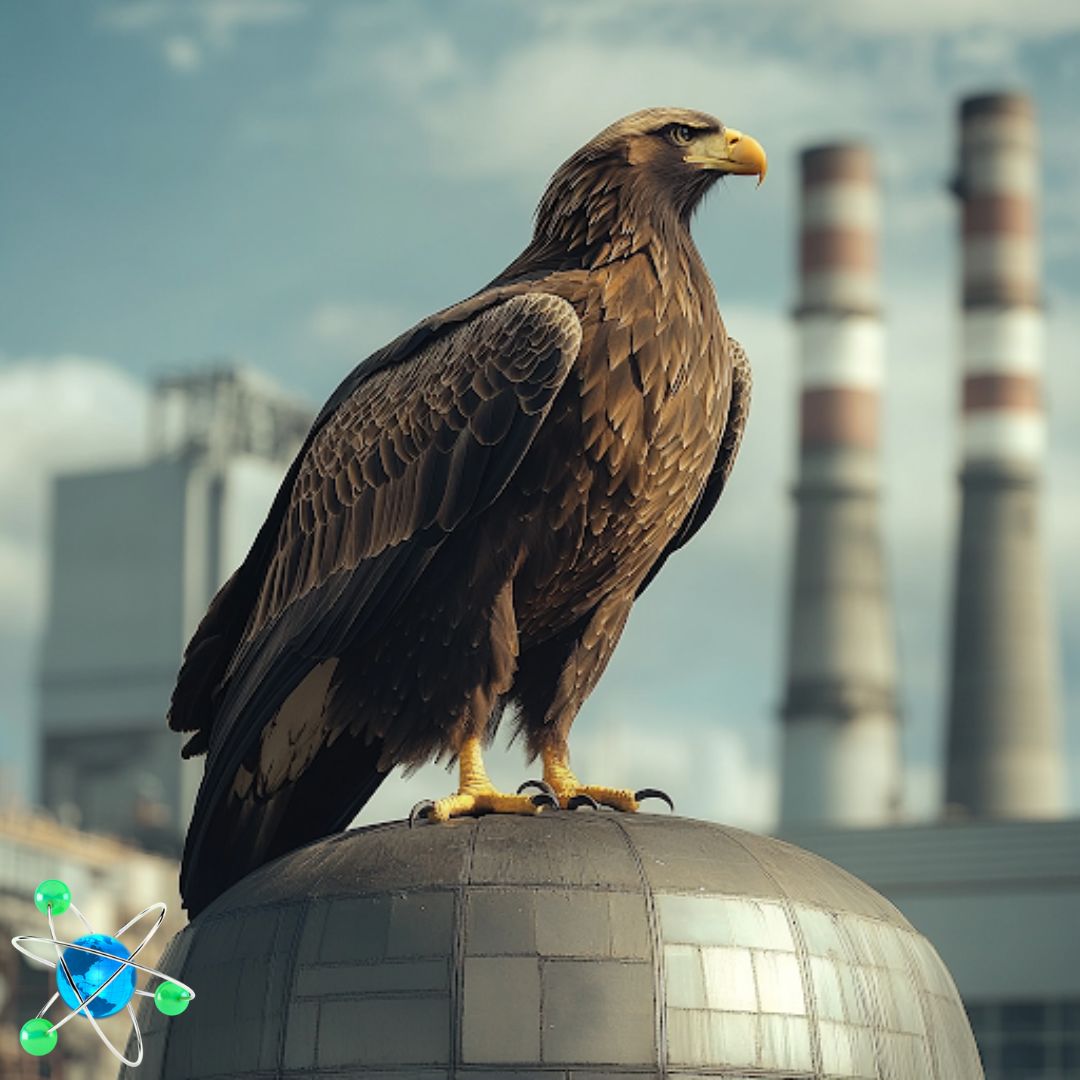
- Kazakhstan’s Nuclear Power Plans: Kazakhstan, the world’s largest uranium producer, is planning to build its first nuclear power plant because of ongoing energy shortages. The Kazakh Energy Minister led a delegation to France to discuss collaboration with major nuclear industry players, such as EDF, Framatome, and Arabelle Solutions.
- International Partnerships: Kazakhstan is negotiating with four potential candidates for the nuclear power plant project, including France’s EDF, Russia’s Rosatom, South Korea’s KHNP, and China’s CNNC. The project is expected to cost between $10 billion and $15 billion, with a final decision set for 2025.
- Support and Climate Goals: Following a successful referendum where 70% of voters approved the project, Kazakhstan is focusing on nuclear energy as part of its climate strategy. The country supports the goal of tripling global nuclear capacity by 2050, aligning with global nuclear energy expansion efforts.
Kazakhstan, the largest uranium producing country in the world, is planning to build its first nuclear power plant as the country faces continuous energy shortages. A delegation led by Kazakh Energy Minister Almassadam Satkaliyev traveled on December 4-6 to meet with French officials and bigwigs in the nuclear industry to discuss the potential of building the country’s first nuclear power plant.
Among the notable leaders of the nuclear industry were EDF, Framatome, and Arabelle Solutions. EDF, or Électricité de France, is an electric utility company specializing in the operation of nuclear plants, and is owned by the French state. Framatome is a French nuclear reactor business that specializes in equipment designing. The company is owned by EDF and Mitsubishi Heavy Industries. Finally, Arabelle Solutions is a company specializing in nuclear turbine manufacturing, and is a subsidiary owned by EDF. Besides these three companies, the Kazakh delegation also met with Assystem, an engineering company that provides digital solutions for infrastructure projects and that includes nuclear power plants.
In a statement published by the Kazakh Energy Ministry, it is stated, “The French side has shown its readiness to support Kazakhstan in the implementation of the nuclear power plant construction project.”
Currently, Kazakhstan has begun negotiations with a short list of four candidates, of which EDF is one of them. Russia’s Rosatom, South Korea’s KHNP, and China’s CNNC are among the other candidates. The final decision is expected in 2025, with a projected cost of $10-$15 billion, and a location near Lake Balkhash in the Almaty region. The official visit to France from the Kazakh delegation comes after a nationwide referendum which was held on October 6, where over 70% of eligible voters approved of a nuclear power plant project in Kazakhstan.
France is a global leader in the nuclear market, deriving almost 70% of their power from nuclear energy. Kazakhstan is the world’s largest uranium producer, the country holds approximately 12% of the globe’s available uranium resources. Kazakhstan was one of the six additional nations to sign the ministerial declaration at this year’s UN climate change conference (COP 29). These countries collectively agree and support the notion of tripling nuclear capacity by 2050.
Although Kazakhstan has significant uranium resources, the construction of a nuclear power plant will take multiple years. Nevertheless, the country can become fully operational in the nuclear sphere, and their ambitious climate goals have a great probability of succeeding.

0 Comments